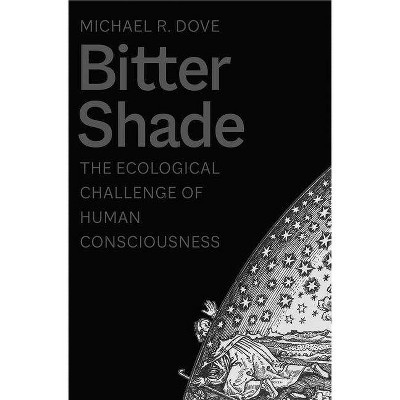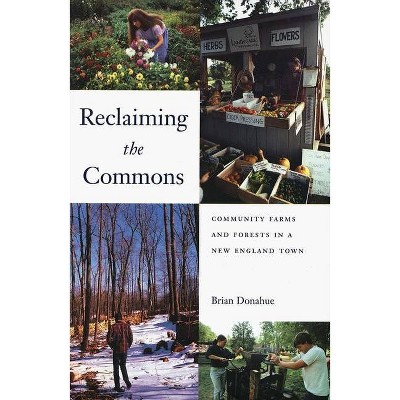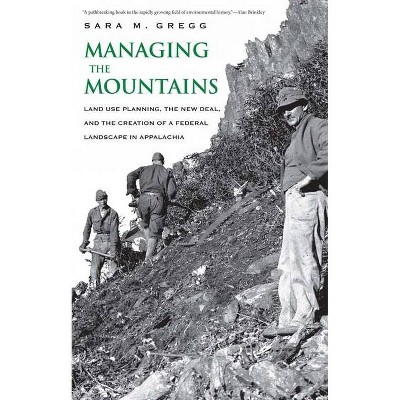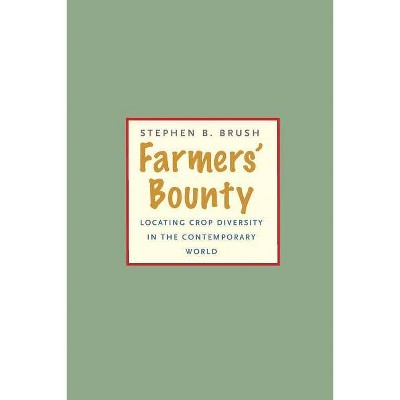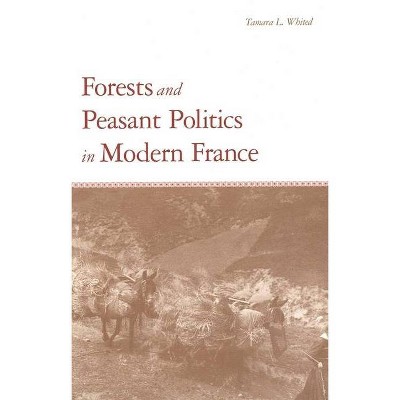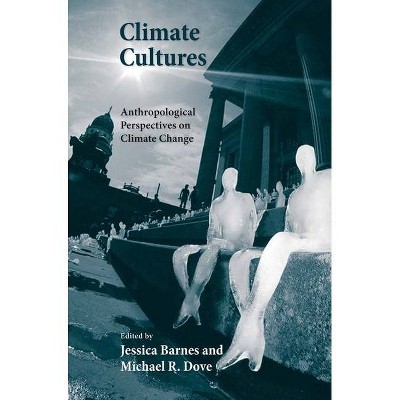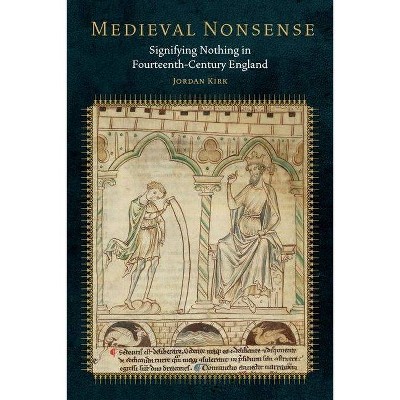Legions of Pigs in the Early Medieval West - (Yale Agrarian Studies) by Jamie Kreiner (Hardcover)
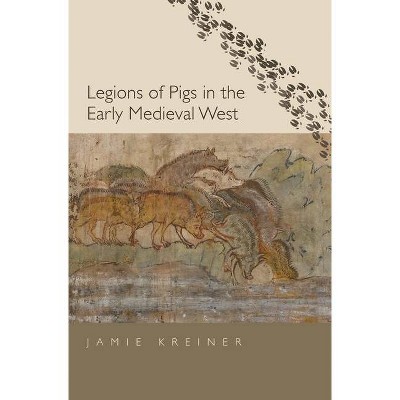
Similar Products
Products of same category from the store
AllProduct info
<p/><br></br><p><b> About the Book </b></p></br></br>"An exploration of life in the early medieval West, using pigs as a lens to investigate agriculture, ecology, economy, and philosophy. In the early medieval West, from North Africa to the British Isles, pigs were a crucial part of agriculture and culture. In this fascinating book, Jamie Kreiner examines how this ubiquitous species was integrated into early medieval ecologies and transformed the way that people thought about the world around them. In this world, even the smallest things could have far-reaching consequences. Kreiner tracks the interlocking relationships between pigs and humans by drawing on textual and visual evidence, bioarchaeology and settlement archaeology, and mammal biology. She shows how early medieval communities bent their own lives in order to accommodate these tricky animals-and how in the process they reconfigured their agrarian regimes, their fiscal policies, and their very identities. In the end, even the pig's own identity was transformed: at the close of the early Middle Ages, it had become a riveting metaphor for Christianity itself."--<p/><br></br><p><b> Book Synopsis </b></p></br></br><b>An exploration of life in the early medieval West, using pigs as a lens to investigate agriculture, ecology, economy, and philosophy</b> <p/> In the early medieval West, from North Africa to the British Isles, pigs were a crucial part of agriculture and culture. In this fascinating book, Jamie Kreiner examines how this ubiquitous species was integrated into early medieval ecologies and transformed the way that people thought about the world around them. In this world, even the smallest things could have far-reaching consequences. <p/> Kreiner tracks the interlocking relationships between pigs and humans by drawing on textual and visual evidence, bioarchaeology and settlement archaeology, and mammal biology. She shows how early medieval communities bent their own lives in order to accommodate these tricky animals--and how in the process they reconfigured their agrarian regimes, their fiscal policies, and their very identities. In the end, even the pig's own identity was transformed: at the close of the early Middle Ages, it had become a riveting metaphor for Christianity itself.<p/><br></br><p><b> Review Quotes </b></p></br></br><br>Winner of the George Perkins Marsh Prize from the American Society for Environmental History <p/>"<i>Legions of Pigs</i> is one of the best accounts of the early Middle Ages I have read."--Paul Freedman, author of <i>Ten Restaurants That Changed America</i> and <i>Out of the East: Spices and the Medieval Imagination</i> <p/><p>"One of the most original books I've read in a long time. Written with great verve, its exploration of porcine/human interactions is an interdisciplinary tour de force."--Julia Smith, Chichele Professor of Medieval History, University of Oxford</p> <p/>"Jamie Kreiner's book has a stunning range, from Iceland to the Islamic lands, showing how we cannot understand the medieval world at all unless we understand pigs. This was one of the most insightful and satisfying reads I have had for ages."--Chris Wickham, author of <i>The Inheritance of Rome: Illuminating the Dark Ages, 400-1000</i> <p/>"What a wonderful story, intermingling humans, animals, and plants in a unique world. Politics, economics, philosophy, and even society appear as never before, reaffirming the fact that we are not, and never have been, alone on Earth."--Massimo Montanari, Bologna University <br> <p/>"<i>Legions of Pigs</i> is an engaging and refreshing investigation of how pigs factored within early medieval cultural and ecological settings. Resonating with current cultural and environmental preoccupations, it will no doubt have wide appeal."--Michael MacKinnon, University of Winnipeg <br> <p/><br><p/><br></br><p><b> About the Author </b></p></br></br><b>Jamie Kreiner</b> is an associate professor of history at the University of Georgia whose research focuses on the early Middle Ages. She is the author of <i>The Social Life of Hagiography in the Merovingian Kingdom.</i>
Price History
Cheapest price in the interval: 35.99 on November 8, 2021
Most expensive price in the interval: 35.99 on December 20, 2021
Price Archive shows prices from various stores, lets you see history and find the cheapest. There is no actual sale on the website. For all support, inquiry and suggestion messagescommunication@pricearchive.us

